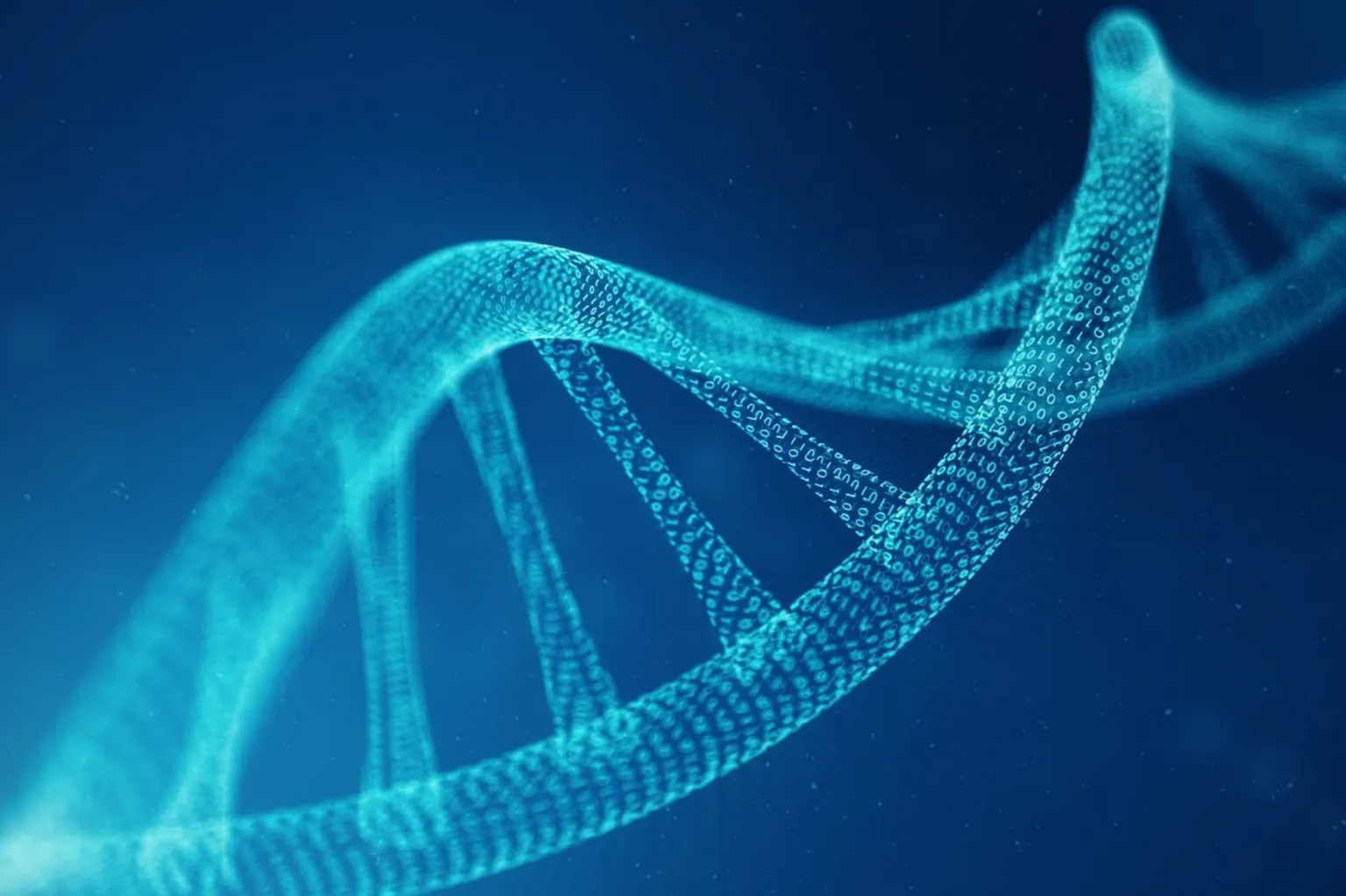Groundbreaking project begins to build human DNA from scratch

Backed with an initial £10 million (Sh1.4 billion) from the Wellcome Trust, the initiative is the first of its kind in the world and could one day allow scientists to build entire human chromosomes in the lab.
A groundbreaking scientific project aiming to construct human DNA from scratch has officially commenced, marking a new chapter in genetic research that promises revolutionary medical benefits but is already drawing serious ethical concerns.
Backed with an initial £10 million (Sh1.4 billion) from the Wellcome Trust, the initiative is the first of its kind in the world and could one day allow scientists to build entire human chromosomes in the lab.
The work, called the Synthetic Human Genome Project, is seen by some as a major leap beyond the Human Genome Project, which 25 years ago mapped the DNA structure of humans.
Now, instead of reading DNA, researchers are attempting to build it, step by step, using molecules arranged in specific sequences.
Dr Julian Sale from the MRC Laboratory of Molecular Biology in Cambridge, who is part of the team, said the research holds vast promise.
“The sky is the limit. We are looking at therapies that will improve people’s lives as they age, that will lead to healthier aging with less disease as they get older. We are looking to use this approach to generate disease-resistant cells we can use to repopulate damaged organs, for example in the liver and the heart, even the immune system,” he said.
The project's goal is to assemble increasingly larger DNA sections until scientists can create a complete human chromosome.
These synthetic structures can then be used to better understand how genes work, how they affect the body, and how diseases develop.
This could lead to new treatments for currently incurable conditions, said Prof Matthew Hurles, director of the Wellcome Sanger Institute.
“Building DNA from scratch allows us to test out how DNA really works and test out new theories, because currently we can only really do that by tweaking DNA in DNA that already exists in living systems,” he explained.
Although all work will take place in test tubes and petri dishes with no plans to create artificial life, the increased control over genetic material raises alarm among bioethics campaigners.
They argue the same technology used for healing could also be used for harm.
Dr Pat Thomas, director of Beyond GM, expressed worry that the technology could be turned toward darker purposes.
“We like to think that all scientists are there to do good, but the science can be repurposed to do harm and for warfare,” she said.
Professor Bill Earnshaw of Edinburgh University, who helped develop methods for making artificial human chromosomes, warned that global safeguards may not be enough to stop misuse.
“The genie is out of the bottle. We could have a set of restrictions now, but if an organisation who has access to appropriate machinery decided to start synthesising anything, I don’t think we could stop them,” he told the BBC.
Another concern raised by critics is the commercialisation of synthetic biology, especially when it comes to who controls the outcomes of such research.
“If we manage to create synthetic body parts or even synthetic people, then who owns them? And who owns the data from these creations?” asked Thomas.
Despite these concerns, Wellcome Trust said the risks were carefully weighed before approving the funding.
Dr Tom Collins, who made the final call, said the urgency to manage future developments responsibly influenced their decision.
“We asked ourselves what was the cost of inaction,” he said. “This technology is going to be developed one day, so by doing it now we are at least trying to do it in as responsible a way as possible and to confront the ethical and moral questions in an upfront way as possible.”
As part of this effort, a separate programme will run alongside the science to explore the social and moral dimensions.
It will be led by Professor Joy Zhang, a sociologist at the University of Kent.
“We want to get the views of experts, social scientists and especially the public about how they relate to the technology and how it can be beneficial to them and importantly what questions and concerns they have,” she said.
